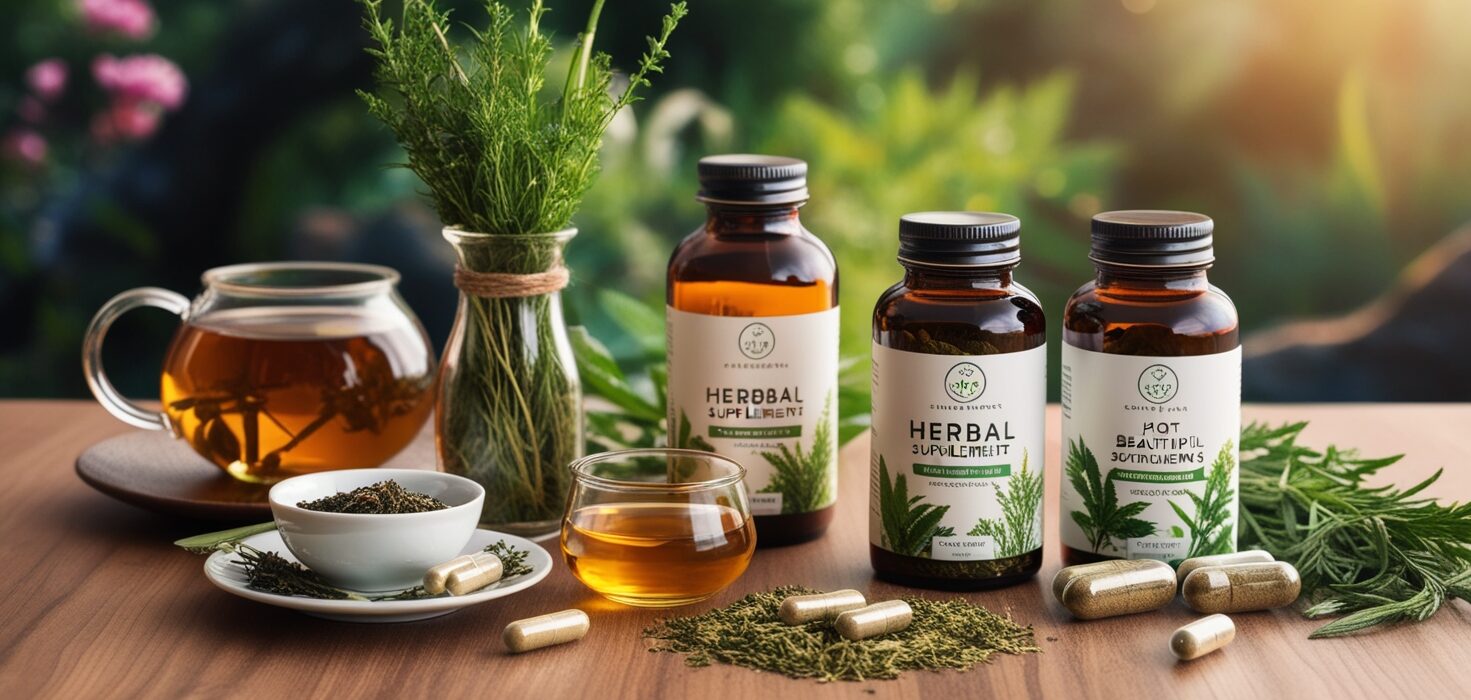Ginkgo Biloba has been floating around as a buzzword in natural health circles, and there’s a good reason for it. This leafy giant isn’t just a tree; it’s a testament to nature’s brilliance. Originating from China, you can still find it thriving in temple gardens where it’s been cherished for centuries.
Let’s take a moment to appreciate its history. Ginkgo has been used in traditional Chinese medicine for a long, long time. We’re talking dynasties ago. But what makes it stand out from the herbal crowd? Ginkgo’s unique two-lobed leaves sure add to its charm, but it’s the benefits packed inside that make it legendary.
In the realm of cognitive health, Ginkgo sets itself apart from other herbs. Sure, there are plenty of plants touted for brain-boosting abilities, like turmeric or ashwagandha, but Ginkgo’s approach is distinct. Known for increasing blood flow to the brain, it focuses on enhancing how your noggin functions.
Whether it’s students cramming for exams or seniors aiming to keep their memory sharp, Ginkgo finds itself planted firmly in routines across generations. It’s not just a trend; it’s a legacy that continues to grow stronger with each research study.
How Ginkgo Biloba Enhances Brain Function
Ginkgo Biloba doesn’t just sit pretty; it’s doing serious work behind the scenes. The magic starts when Ginkgo flexes its impact on neurotransmitters. Think of these as your brain’s messengers—they carry all those important signals around. Ginkgo steps up by supporting these neurotransmitters, ensuring they relay messages more efficiently.
Besides giving neurotransmitters a nudge, Ginkgo also keeps the blood flowing to your brain. Better blood flow means more oxygen and nutrients find their way to where they’re needed most, kind of like giving your brain a fresh supply of fuel.
You can dig into numerous scientific studies backing these claims, and they’re not just blowing smoke. Research has repeatedly pointed out Ginkgo’s potential to improve mental clarity and focus. But what really hits home are the everyday stories—like the student who aces their finals or an older adult who feels mentally sharper than they have in years.
Experience varies from person to person, though. Not everyone feels the effects immediately, which is why it’s sometimes recommended to try Ginkgo for a consistent period before drawing conclusions. Patience might just be a part of unlocking its benefits.
Memory Boost: The Role of Ginkgo Biloba in Cognitive Health
When it comes to keeping your memory on point, Ginkgo Biloba shines. It’s not just about staying sharp; it’s about maintaining that edge over time. The secret? Key compounds like flavonoids and terpenoids. These aren’t just fancy words—they’re the active ingredients that have a knack for improving memory.
Now, who benefits the most? It’s interesting, because Ginkgo might work differently depending on your age and where you’re starting from cognitively. If you’re younger, you might notice an uplift in concentration, especially under stress. For the older crowd, Ginkgo’s memory-boosting potential becomes even more valuable, potentially slowing down age-related memory decline.
Countless people swear by Ginkgo when it comes to staving off those “senior” moments. It’s like having a little extra help remembering that actor’s name in your favorite movie or where you left the car keys.
That said, it’s key to recognize Ginkgo won’t suddenly turn you into a memory champion overnight. Consistent use often shows better results, making it part of a healthy routine for cognitive care. Including Ginkgo in your regimen is about supporting long-term brain health, not about instant results.
Ginkgo Biloba’s Additional Health Benefits
Beyond just boosting brainpower, Ginkgo Biloba is like that all-rounder friend who’s good at everything. Its effects extend far beyond cognitive improvements, scoring points in circulation and cardiovascular health too. By enhancing blood flow throughout the body, Ginkgo is often used to help with conditions involving poor circulation, like leg pain caused by exercise.
But wait, there’s more. Ginkgo’s potential as an anti-inflammatory and antioxidant is pretty impressive. As an antioxidant, it battles nasty free radicals, those little menaces that can cause cellular damage over time. This might sound a bit technical, but think of it as Ginkgo providing your body with a kind of shield.
For folks dealing with anxiety and mood swings, Ginkgo may offer a gentle stabilizing touch. While it isn’t a replacement for professional treatment, it can complement a well-rounded approach to mental wellness. Its safety profile makes it a popular choice for those seeking natural support.
Integrating Ginkgo as part of a balanced lifestyle means not just relying on it, but letting its benefits play a supportive role. Pairing it with a healthy diet and regular exercise amplifies its effects, ensuring you’re getting the most out of what this ancient tree has to offer.
Safe Use and Considerations for Ginkgo Biloba
Knowing how to use Ginkgo Biloba safely can make all the difference in reaping its benefits. The recommended dosage typically hinges on the form you’re taking—capsules, teas, or extracts. Generally, starting with a lower dose and adjusting as needed is a good rule of thumb.
Keep an eye out for possible side effects, though they tend to be mild when they occur. Some folks might experience headaches or digestive issues, especially when starting out. It’s always wise to listen to your body and adjust accordingly.
Interaction with medications is an essential point to consider. If you’re on blood thinners or have any underlying health conditions, checking in with a healthcare provider before diving into a Ginkgo regimen is crucial. Safety first, always.
When picking a Ginkgo supplement, quality matters. Look for reputable brands that offer standardized extracts. Doing a bit of homework on what you’re buying can lead to better outcomes and peace of mind.
So, while Ginkgo can be a powerful ally in your health toolkit, using it mindfully ensures that you can enjoy its benefits with confidence and care.
